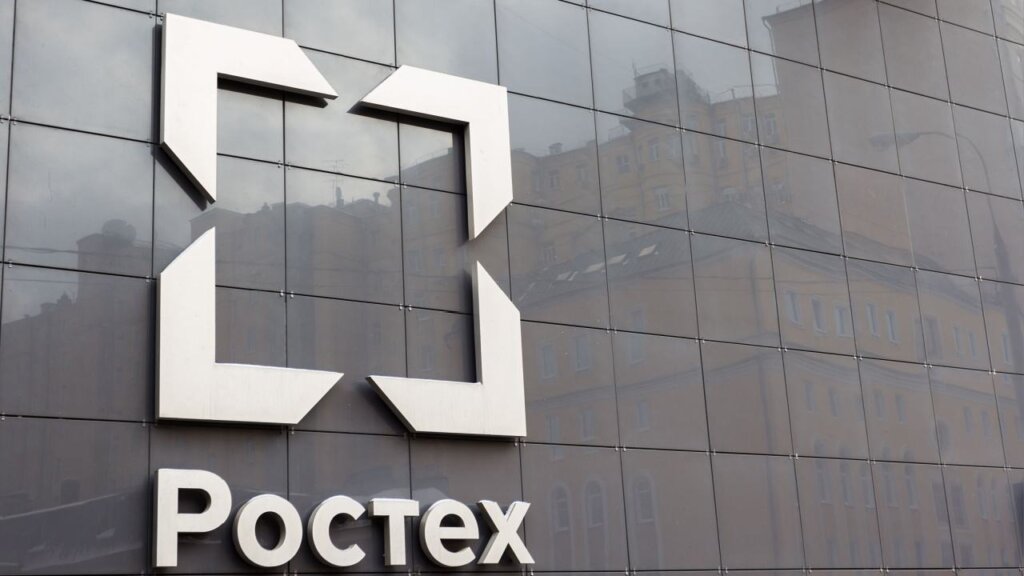Russia’s Defense Industry Embraces Ruble-Backed Stablecoin for Enhanced Transaction Security
Introduction: A Strategic Shift Toward Digital Currency in Defense Sectors
In a move signaling Russia’s growing interest in integrating blockchain technology within its defense infrastructure, Rostec, the nation’s leading defense conglomerate, has announced plans to implement a new stablecoin pegged to the Russian ruble. This initiative aims to streamline secure financial transactions across military and industrial operations, aligning with Russia’s broader strategy to bolster economic sovereignty amid international sanctions and digital innovation.
Rostec’s Vision for a Secure Digital Payment Solution
Rostec emphasizes that the adoption of this ruble-stablecoin will serve as a reliable and sanctioned method for conducting financial exchanges within its extensive network. The company asserts that this digital currency, approved by the Russian Central Bank, will facilitate faster, more transparent, and tamper-proof transactions, reducing reliance on traditional banking channels that may be subject to geopolitical restrictions.
The Role of Stablecoins in Modern Defense Finance
Stablecoins, cryptocurrencies designed to maintain a stable value by being pegged to fiat currencies or assets, have gained prominence in recent years. Their inherent stability makes them ideal for high-stakes sectors like defense, where financial security and transaction integrity are paramount. Russia’s move to incorporate a ruble-backed stablecoin reflects a broader trend among nations seeking to leverage blockchain technology for strategic economic advantages.
Current Context and Global Trends
As of 2023, over 80 countries are exploring or actively developing central bank digital currencies (CBDCs), with many recognizing their potential to enhance monetary control and reduce transaction costs. Russia’s initiative aligns with this global movement, positioning its defense industry at the forefront of digital currency adoption. Notably, countries like China and the Bahamas have already launched their own CBDCs, demonstrating the strategic importance of digital currencies in national security and economic resilience.
Implications for International Transactions and Sanctions
The deployment of a ruble-stablecoin by Rostec could significantly impact international defense collaborations. By providing a sanctioned, stable, and efficient payment method, Russia aims to circumvent some of the financial barriers imposed by Western sanctions. This move could set a precedent for other nations seeking to maintain operational independence in the face of economic restrictions.
Potential Challenges and Future Outlook
While the benefits are clear, integrating stablecoins into defense operations presents challenges, including regulatory oversight, cybersecurity risks, and technological infrastructure requirements. Nonetheless, Rostec’s initiative signals a strategic commitment to digital innovation, with potential expansion into other sectors such as logistics, procurement, and international partnerships.
Conclusion: A Step Toward Digital Sovereignty in Defense
Russia’s adoption of a ruble-backed stablecoin by Rostec marks a significant milestone in the intersection of blockchain technology and national defense. As digital currencies become more mainstream, their role in securing and streamlining military and industrial transactions is expected to grow. This development underscores Russia’s intent to harness innovative financial tools to strengthen its strategic autonomy and operational security in an increasingly digital world.

